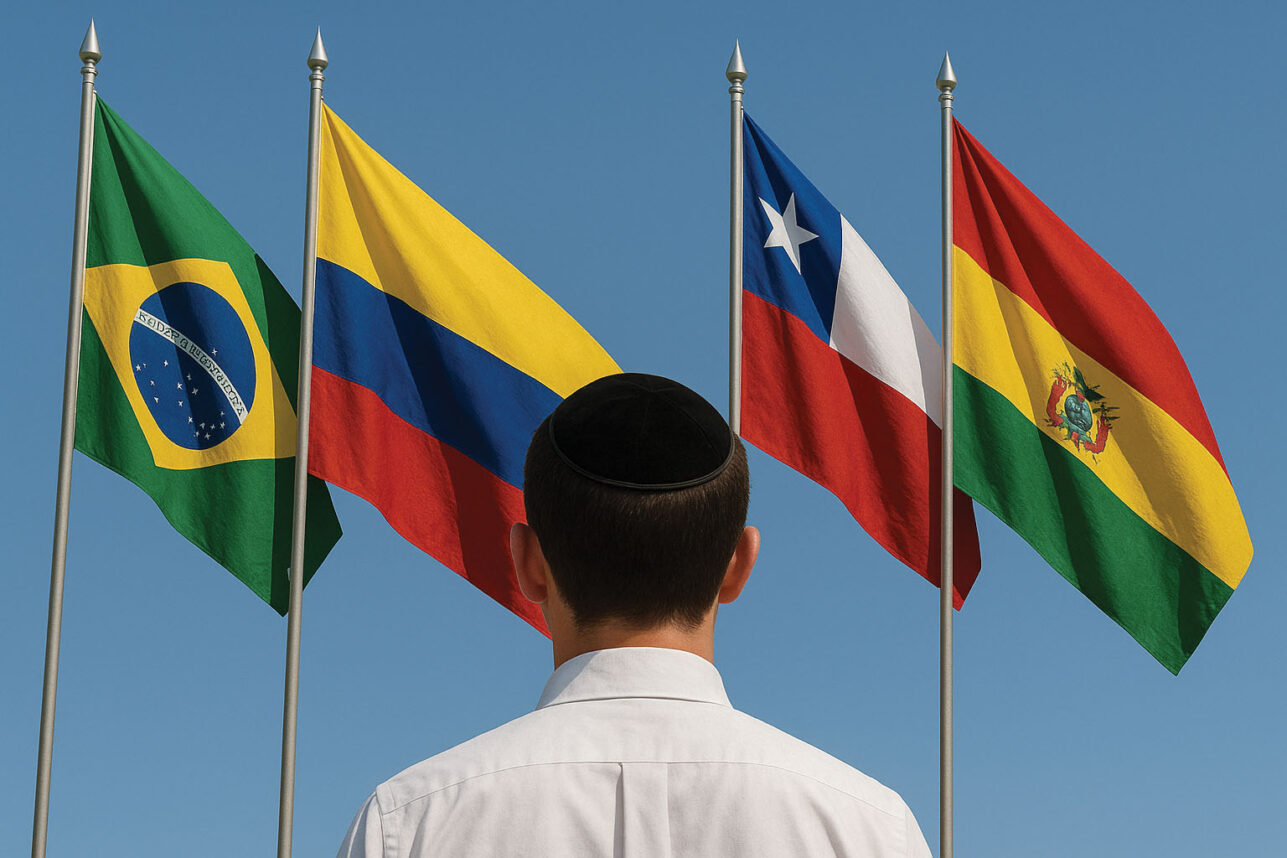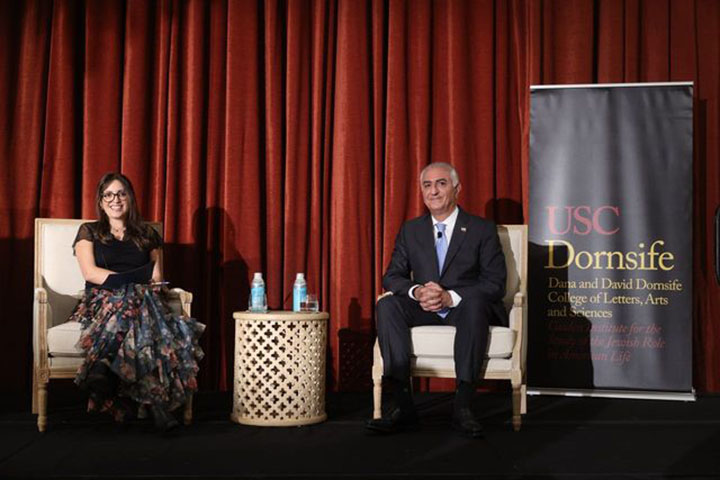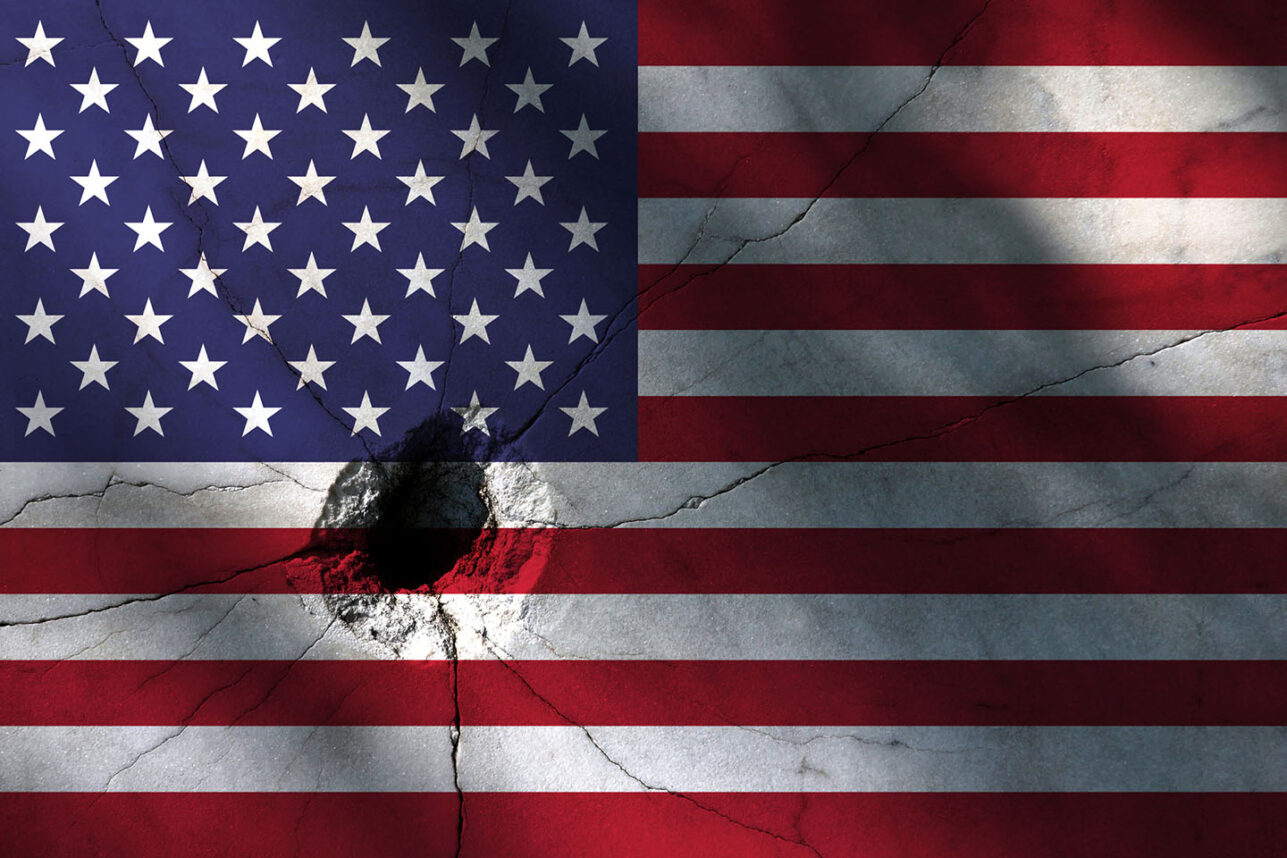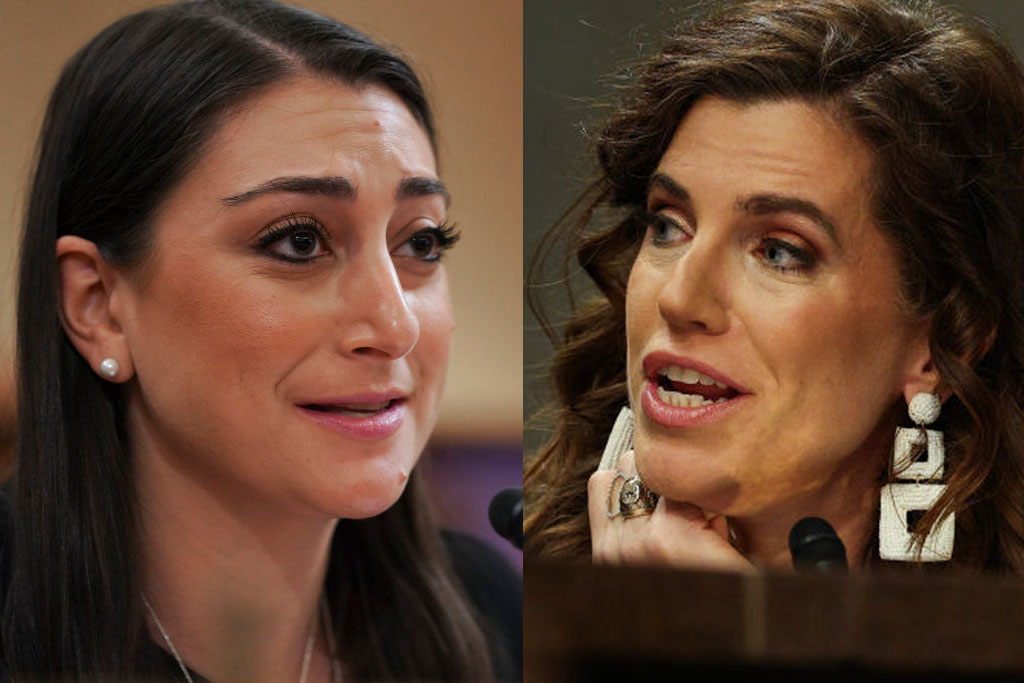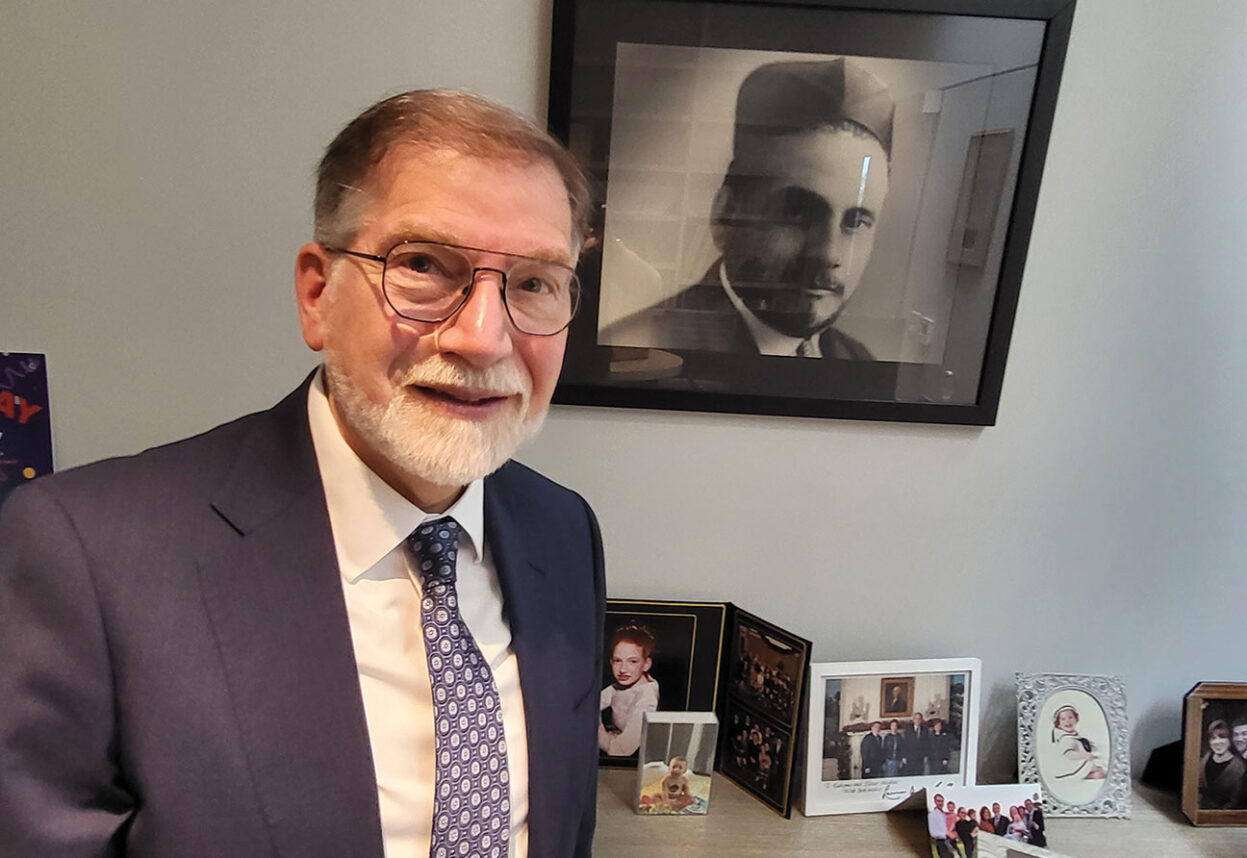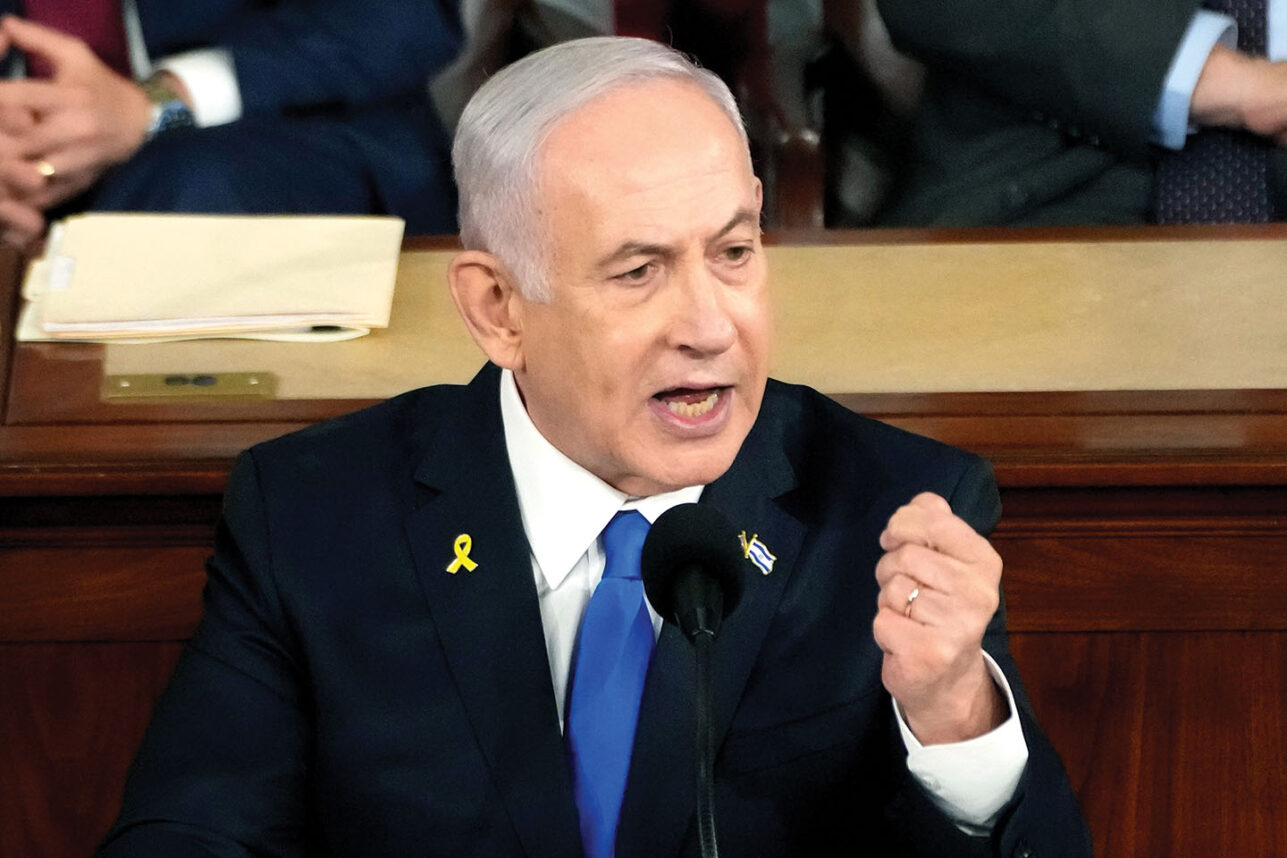Let’s just say that reasonable people (or, even, people in Congress) can disagree, reasonably, about the most appropriate way to deal with the situation in Syria. I’m OK with that.
But here is what I am not OK with.
There was an article in this past Sunday’s New York Times magazine – a personal reflection by a man who had a terrifying bout with something called transient global amnesia. In other words, he had inexplicable short-term memory loss. “>http://www.city-data.com/forum/politics-other-controversies/1942953-more-stupidity-chris-matthews.html#ixzz2dO6MAdcj
And then, University of Chicago professor John Mearsheimer joined PBS Newshour to argue against military intervention in Syria. Here’s what he said:
“[But] chemical weapons are not weapons of mass destruction, like nuclear weapons are. The reason that chemical weapons were not used in World War II wasn’t because someone like Adolf Hitler was above using them for moral reasons.”“>http://www.amazon.com/Problem-Hell-America-Age-Genocide/dp/0061120146, time and time again, American leaders did not act against mass killing for one major reason: they did not want to. They knew that genocide was wrong, but they simply did not want to invest military, financial or political capital in fighting it.
True: no one wants another Viet Nam. No one wants another Iraq or Afghanistan.
But: how about not wanting another Rwanda?
I remind you of the man in the New York Times Magazine who endured transient global amnesia.
Yes, there are many who now have (moral) amnesia.
Yes, it seems global.
But is it transient?
We cannot know. And as I write these words, we cannot know what, in fact, the Congress will choose to do about Syria. And as I said, reasonable people can disagree on the precise contours of American policy.
As we enter Yom Ha-zikharon, the day of remembering, Rosh Ha Shanah – let us at least, as Jews, be the shock troops in the war against amnesia.









